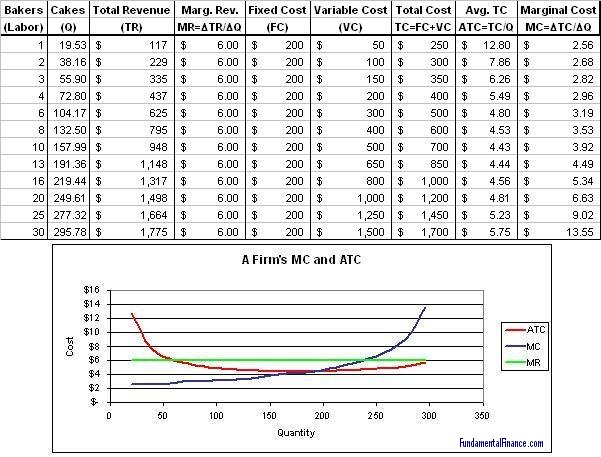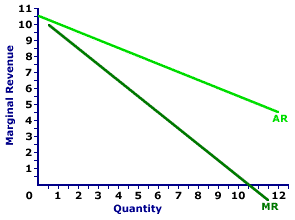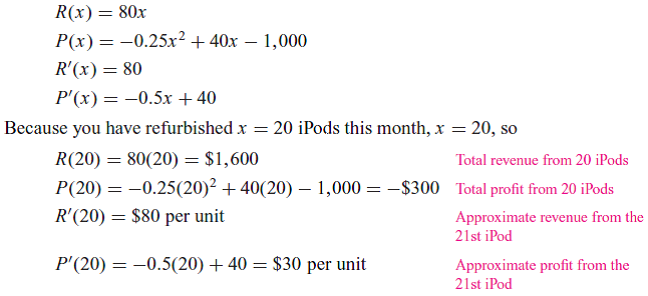Marginal Revenue Business Definition

Marginal revenue mr is the increase in revenue that results from the sale of one additional unit of output.
Marginal revenue business definition. Marginal revenue is an economic metric defined as the increase in a company s gross revenue from selling one additional unit of its product. Marginal revenue can also be defined as the gross revenue generated from the last unit sold. The marginal revenue the increase in total revenue is the price the firm gets on the additional unit sold less the revenue lost by reducing the price on all other units that were sold prior to the decrease in price. Marginal revenue is more of a tool in business than a simple value of a single unit of sales.
It can be more easily defined as the variation of the revenue figure after one more unit is sold. In a perfectly competitive market the additional revenue generated by selling an additional unit of a good is equal to the price the firm is able to charge the buyer of the good. It is the revenue that a company can generate for each additional unit sold. There is a marginal cost attached to it which has to be accounted for.
Marginal revenue mr is the additional revenue that will be generated by increasing product sales by one unit. 11 units and the total revenue generated from selling one extra unit i e. In microeconomics marginal revenue is the increase in gross revenue a company gains by producing one additional unit of a good or one additional unit of output. What is marginal revenue.
Marginal revenue in business the scholarly definition and reality are two different perspectives. Marginal revenue is the additional income generated from the sale of one more unit of a good or service. The student is taught that marginal revenue equals the additional dollars generated for an additional single unit of sales. This tool should be a part of the thought process in every employee s mindset.


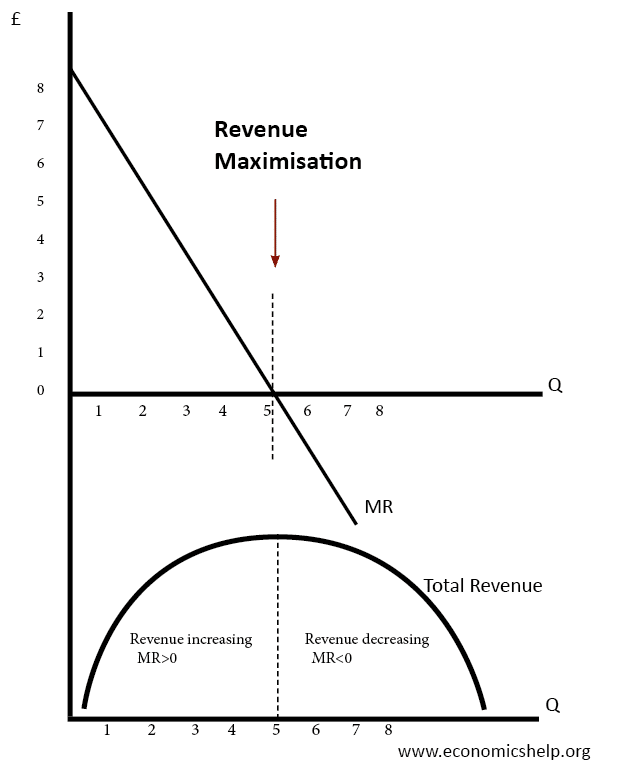




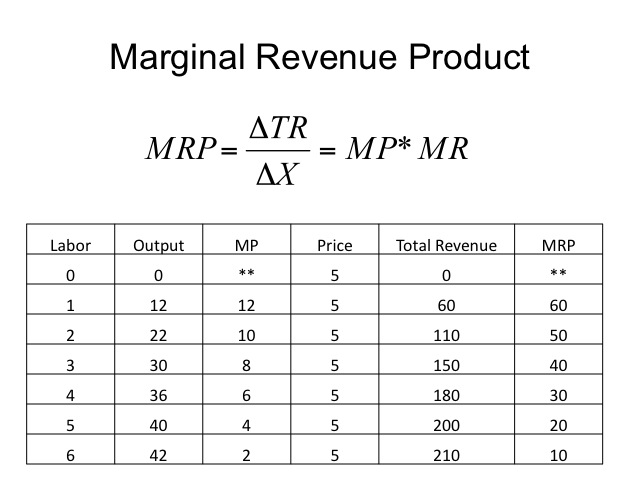
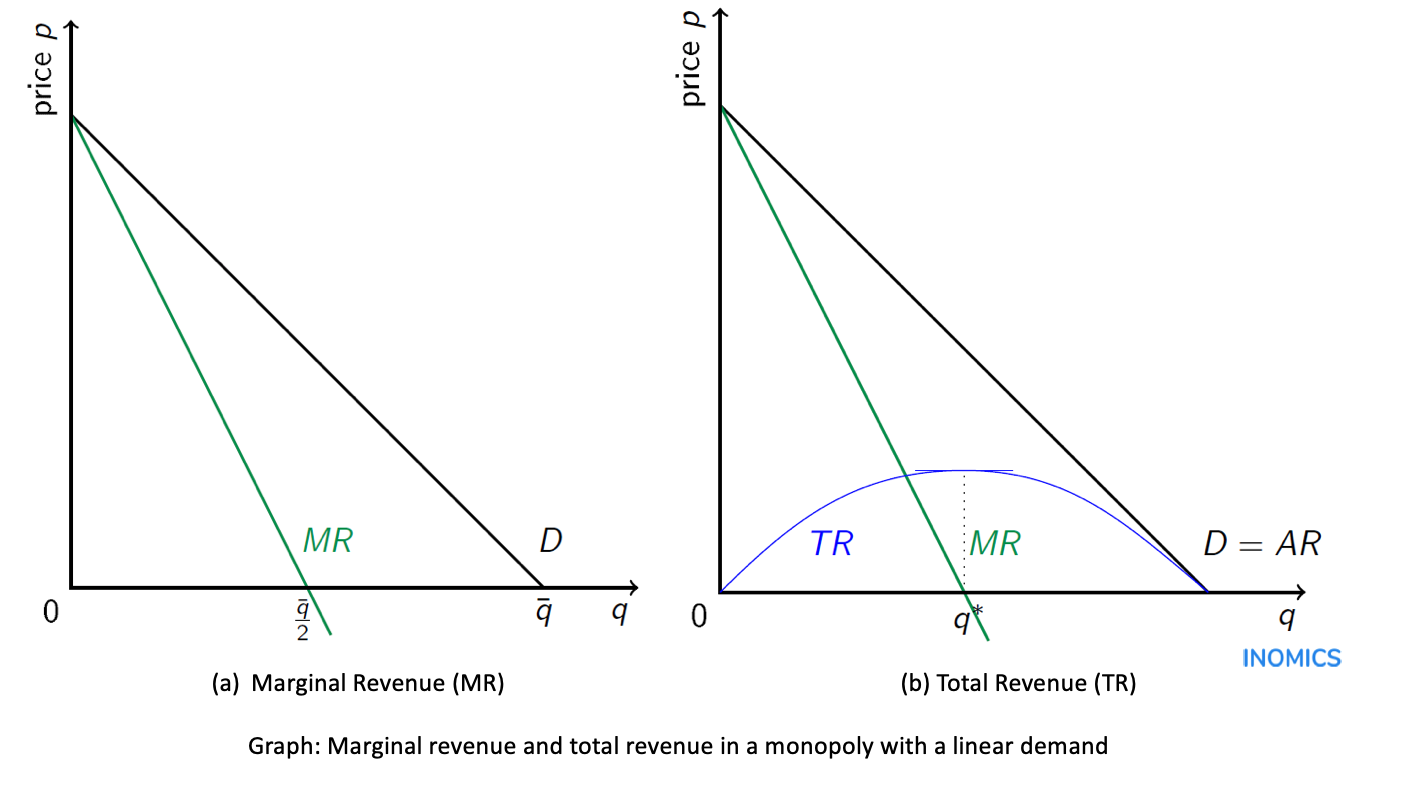


:max_bytes(150000):strip_icc()/business-people-discussing-in-office-940682222-9829e84f9ad24f84b67a12c3f2f47e19.jpg)

